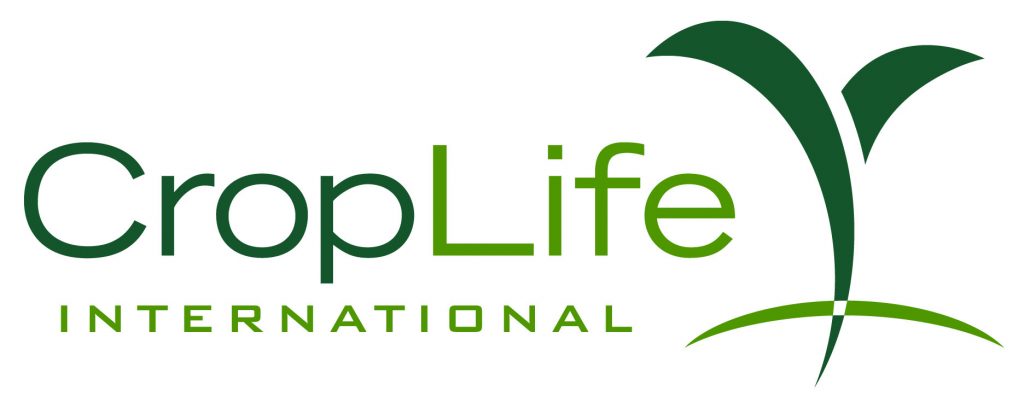– Group cites UN Brief on Impact of COVID-19 on Food Security & Nutrition as ‘Clarion Call’ for Asia
– Raises Need for Greater Coordination, Collaboration across Regional Food Value Chain
A policy brief released this week by the United Nations (UN), “The Impact of COVID-19 on Food Security and Nutrition”, raises serious concerns regarding the effect COVID-19 is having on the most vulnerable parts of society already experiencing hunger and malnutrition. As a result, CropLife Asia is reiterating the need for greater coordination and collaboration across the regional food value chain to ensure a sustainable supply of safe and nutritious food.
Last year, the UN issued research indicating hunger, undernourishment and obesity are at critical levels globally and throughout Asia in particular. According to the 2019 State of Food Security & Nutrition in the World, some 820 million people did not have enough food to eat in 2018 – this was up from 811 million in 2017 and represented the third consecutive year of increase. Meanwhile, over 513 million of those hungry people (or over 62%) call Asia home. When it came to undernourishment, the statistics were also discouraging. In 2018, the largest number of undernourished people around the world (more than 500 million) lived in Asia.
“We’re seeing first-hand the diabolical disruption COVID-19 continues to cause our food supply chain in Asia. This UN brief only reaffirms the effect the pandemic is having and heightens the needs for action,” said Dr. Siang Hee Tan, CropLife Asia Executive Director.
“CropLife Asia commends the UN for its leadership on this critically important issue. From farm to fork, we all have a role to play in ensuring a safe and nutritious supply of food reaches those who need it most. It’s time for the regional stakeholders driving the food supply chain to answer this clarion call by the UN and work together to ensure a food emergency isn’t realized in Asia. It’s time for greater coordination and collaboration among governments, industries and civil society to deliver results. It’s time to get to work.”
Feeding our growing global population is a shared responsibility, and plant science continues to play a crucial role. Biotech crops are developed with improved traits such as increased yield, better resistance to pests and/or improved nutrition, among others. These traits are crucial tools that enable farmers to meet global challenges such as food insecurity. Meanwhile, farmers continue to rely on crop protection products to produce more food on less land and raise productivity per hectare. Without crop protection products, 40 percent of global rice and maize harvests could be lost every year[1] and losses for fruits and vegetables could be as high as 50-90 percent.
About CropLife Asia
CropLife Asia is a non-profit society and the regional organization of CropLife International, the voice of the global plant science industry. We advocate a safe, secure food supply, and our vision is food security enabled by innovative agriculture. CropLife Asia supports the work of 15 member associations across the continent and is led by six member companies at the forefront of crop protection, seeds and/or biotechnology research and development. For more information, visit us at www.croplifeasia.org.
For more information please contact:
Duke Hipp
Director, Public Affairs
CropLife Asia
Tel: +65 6221 1615
duke.hipp@croplifeasia.org
